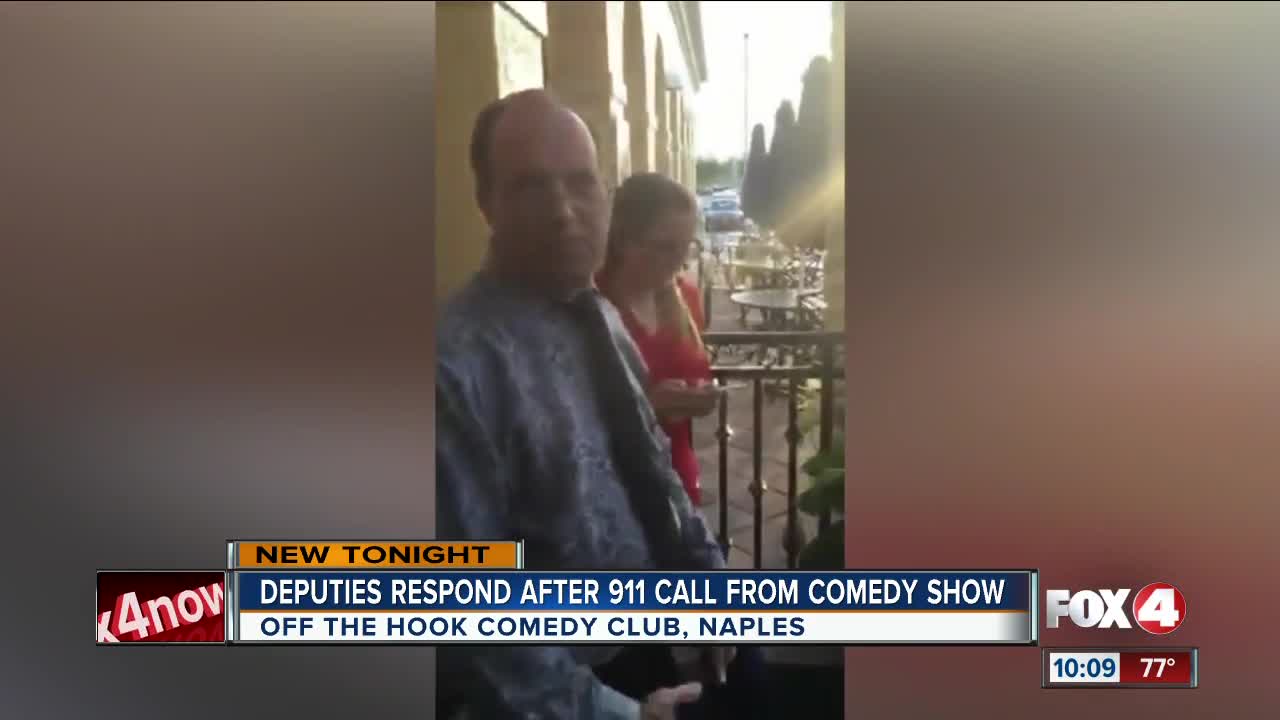In a world often overshadowed by serious issues, 911 jokes emerge as a unique form of humor that allows people to cope with anxiety and stress. These jokes can range from light-hearted puns to clever one-liners, offering a brief escape from reality. While humor can be subjective, it is essential to navigate the delicate balance between comedy and sensitivity, especially when it comes to topics related to emergency services.
This article will delve into the world of 911 jokes, exploring their origins, types, and the impact they have on society. We aim to provide a comprehensive understanding of why these jokes resonate with so many people while also emphasizing the importance of context and audience. Whether you’re a fan of dark humor or simply looking to lighten the mood, this exploration of 911 jokes will offer something for everyone.
So, sit back, relax, and join us on this whimsical journey through the world of 911 jokes, where laughter meets the unexpected!
Table of Contents
- What Are 911 Jokes?
- The History of 911 Jokes
- Types of 911 Jokes
- Why Do People Use 911 Jokes?
- The Impact of 911 Jokes
- How to Create Your Own 911 Jokes
- The Importance of Context
- Conclusion
What Are 911 Jokes?
911 jokes are a sub-genre of humor that references emergency services, particularly the 911 hotline. They often involve clever twists or absurd scenarios that play on the seriousness of emergencies. While some may find these jokes humorous, others may consider them inappropriate, especially in light of real-life tragedies. Understanding the nuances of this humor is essential for appreciating its place in contemporary culture.
The History of 911 Jokes
The evolution of 911 jokes can be traced back to the cultural shifts surrounding humor in the face of adversity. After significant events, such as natural disasters or terrorist attacks, people often turn to humor as a coping mechanism. Historical examples include post-9/11 humor, where the public sought to find light in the darkness following the tragedy.
Types of 911 Jokes
There are several types of 911 jokes, each with its unique style and delivery. Below are two popular categories:
Puns and Wordplay
Puns are a popular form of 911 jokes, often involving clever wordplay. These jokes typically rely on the double meanings of words or phrases related to emergencies.
- Example: "Why did the emergency call go to therapy? It had too many unresolved issues!"
One-Liners
One-liners are short, snappy jokes that deliver a punchline quickly. They often highlight the absurdity of a situation, making them a favorite among audiences.
- Example: "I called 911 because I couldn't find my phone. They said I was dialing the wrong number!"
Why Do People Use 911 Jokes?
People use 911 jokes for various reasons, including:
- Coping Mechanism: Humor can help individuals process traumatic events and reduce anxiety.
- Social Connection: Sharing jokes can foster camaraderie and lighten the mood in tense situations.
- Breaking Tension: A well-timed joke can diffuse uncomfortable or stressful scenarios.
The Impact of 911 Jokes
While 911 jokes can provide a moment of levity, they can also have negative consequences. They may be offensive to those who have experienced trauma or loss. It is crucial to consider the audience and context when sharing these jokes. Some potential impacts include:
- Encouraging Resilience: Humor can promote resilience by helping individuals cope with adversity.
- Potential Insensitivity: Jokes may trivialize serious situations, leading to backlash from those affected.
How to Create Your Own 911 Jokes
If you're interested in crafting your own 911 jokes, here are some tips to get started:
- Identify a Situation: Think of common emergency scenarios.
- Play with Words: Use puns or wordplay to create humorous twists.
- Keep it Light: Ensure the joke is appropriate for your audience.
The Importance of Context
Understanding the context in which a joke is told is vital for its reception. Factors such as the audience's experiences, cultural background, and the timing of the joke can significantly influence how it is perceived. Here are some key points to consider:
- Know Your Audience: Tailor your humor to the sensitivities of those around you.
- Timing is Key: Jokes made soon after a tragedy may not be well-received.
- Be Prepared for Reactions: Understand that not everyone will appreciate 911 jokes.
Conclusion
In conclusion, 911 jokes serve as a unique intersection of humor and seriousness. While they can provide relief and laughter, it is essential to approach them with sensitivity and awareness. As we navigate through life’s challenges, humor can be a powerful tool, but it must be used responsibly. We encourage you to share your thoughts on 911 jokes in the comments below, and don't hesitate to explore more articles that discuss the role of humor in our lives.
Thank you for joining us on this exploration of 911 jokes. We hope you found it informative and entertaining. Please come back for more engaging content that inspires laughter and thought!
Article Recommendations


